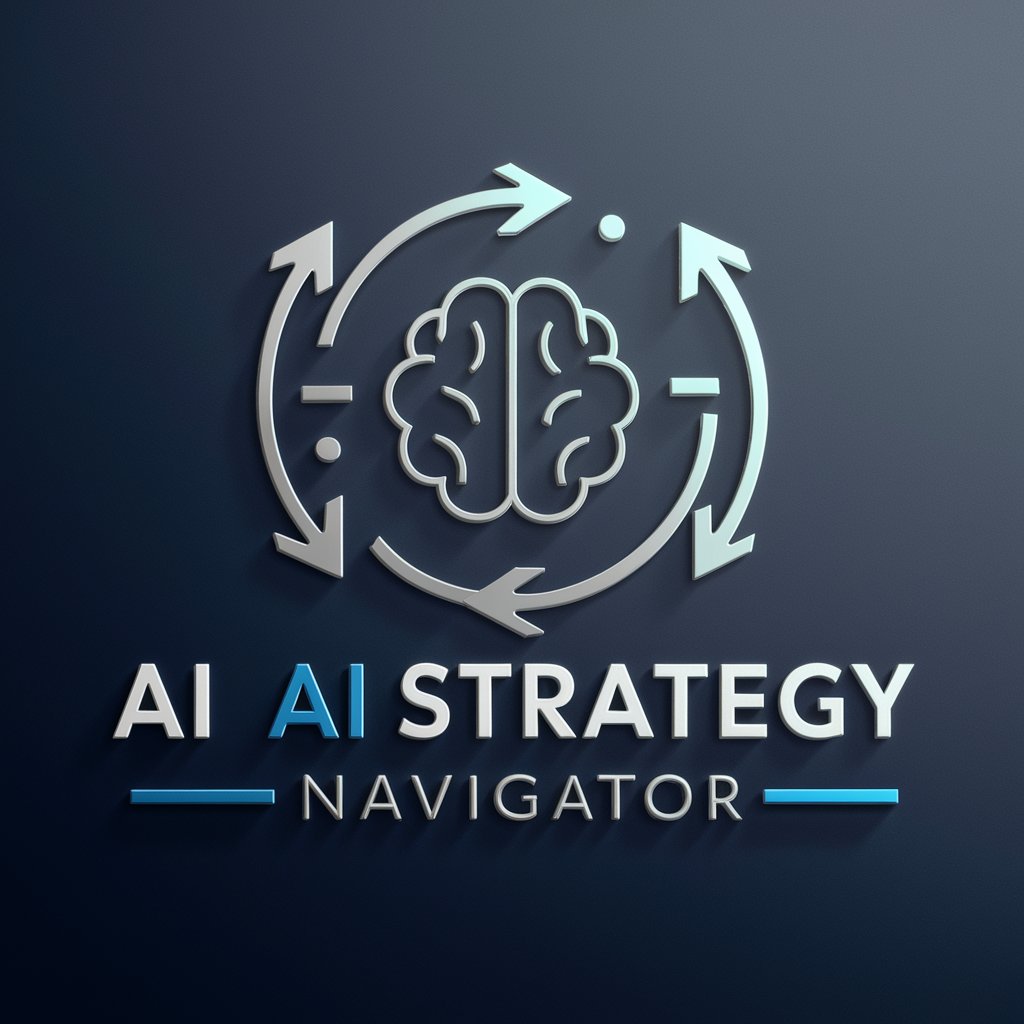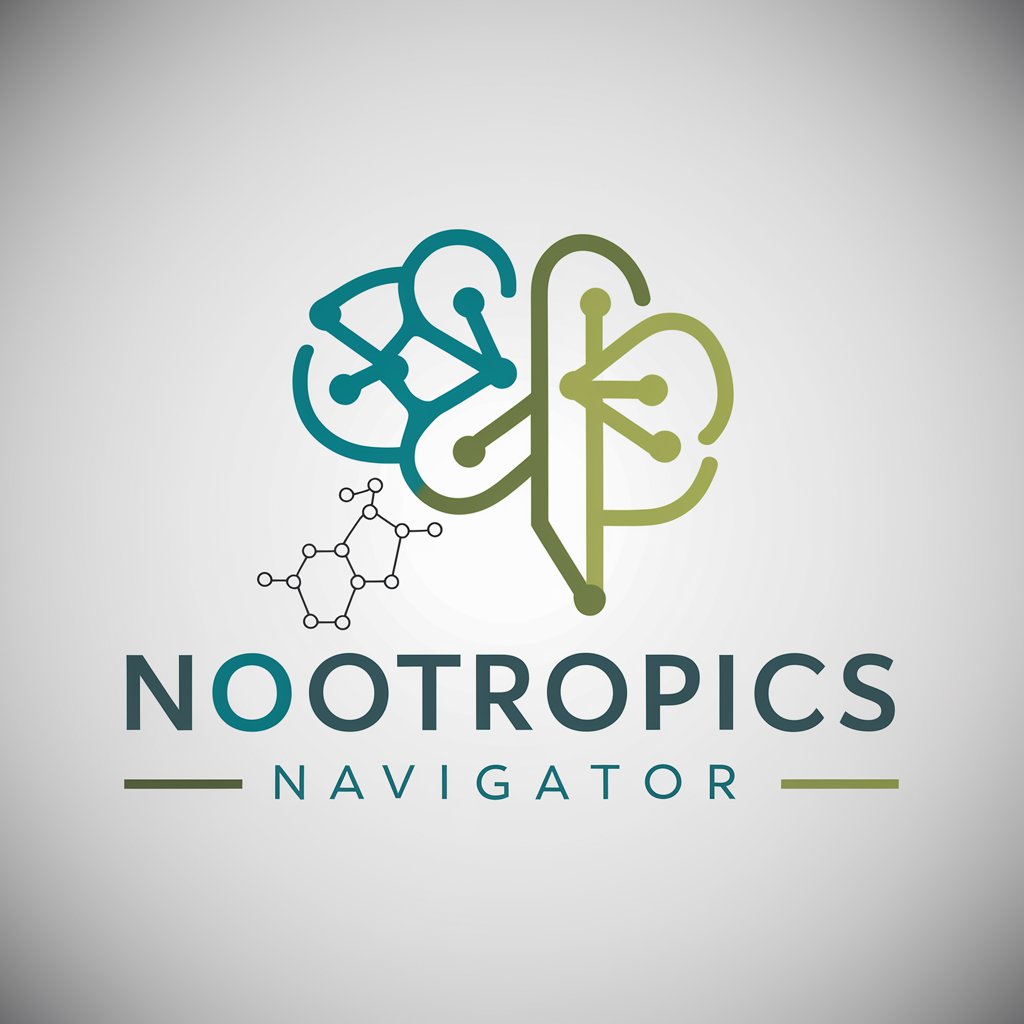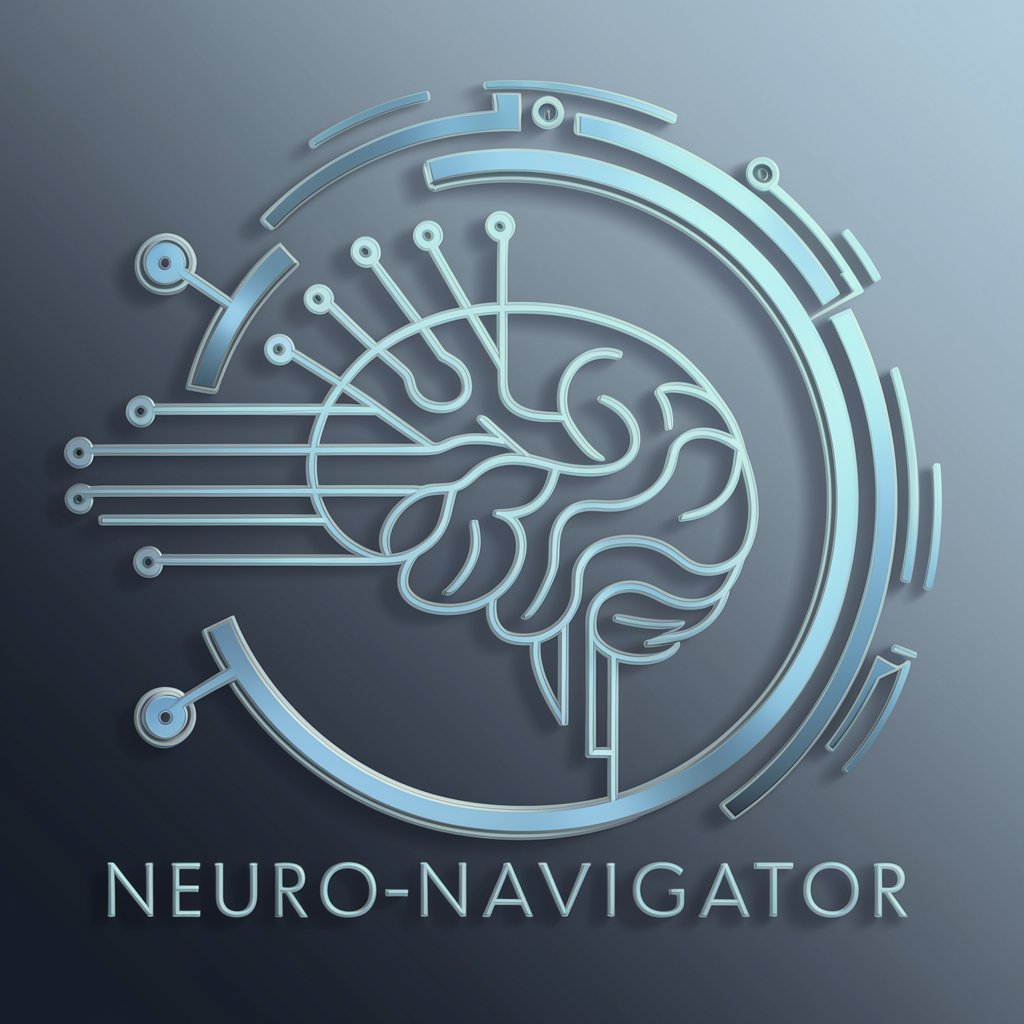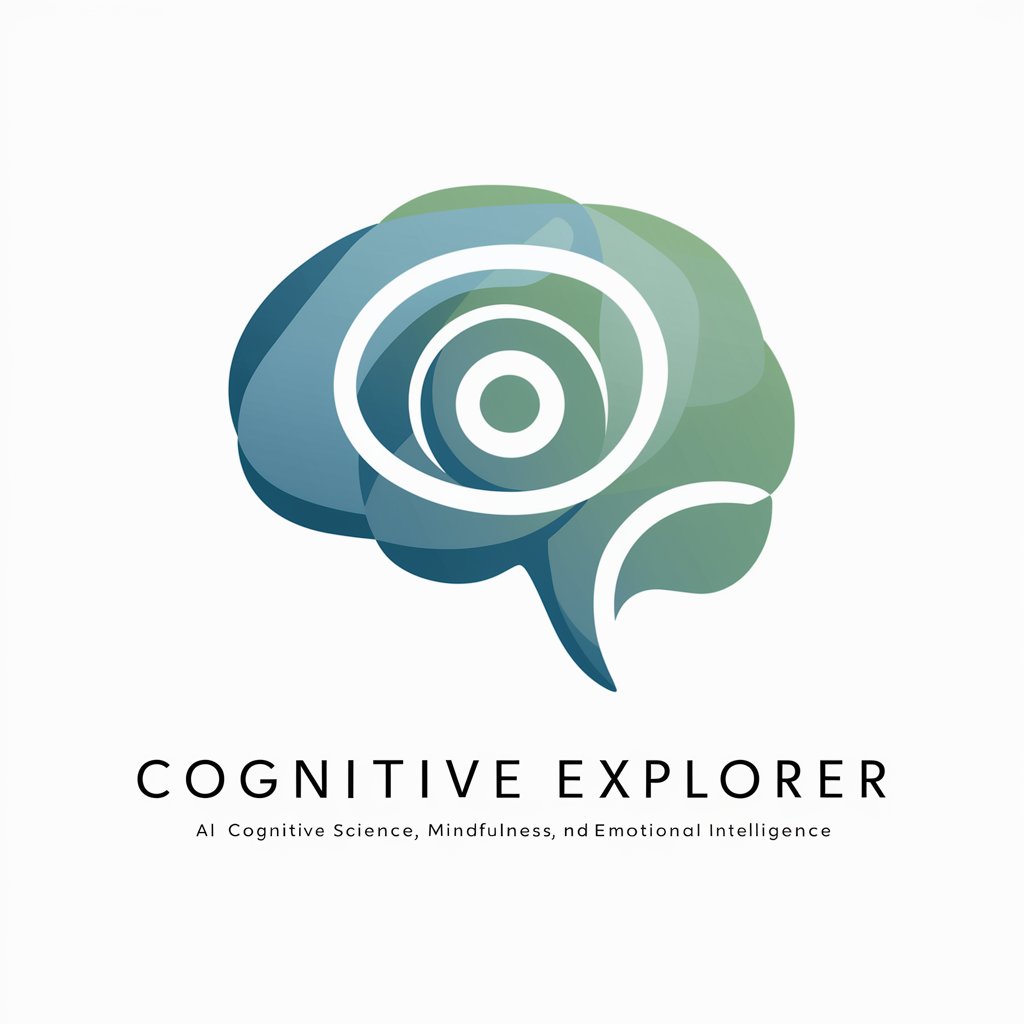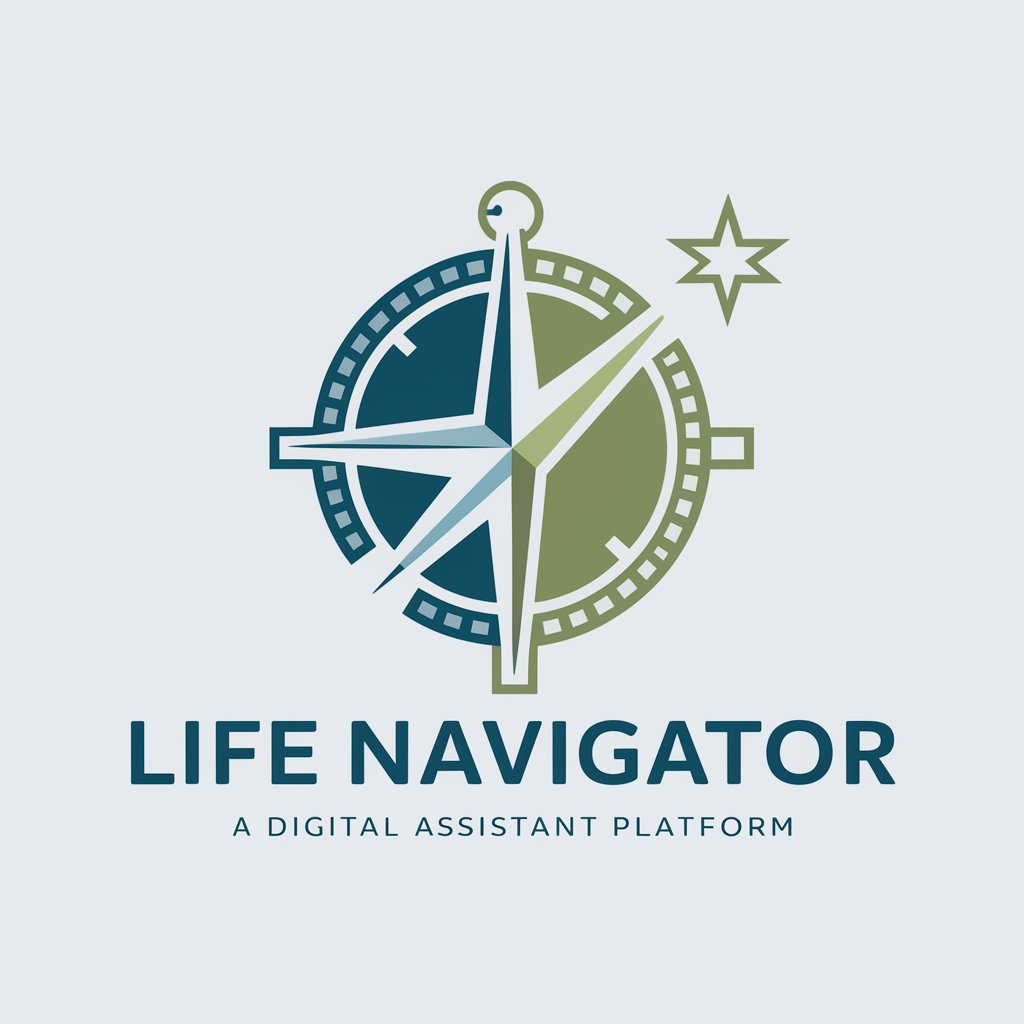
Cognitive Navigator - Cognitive Bias Analysis
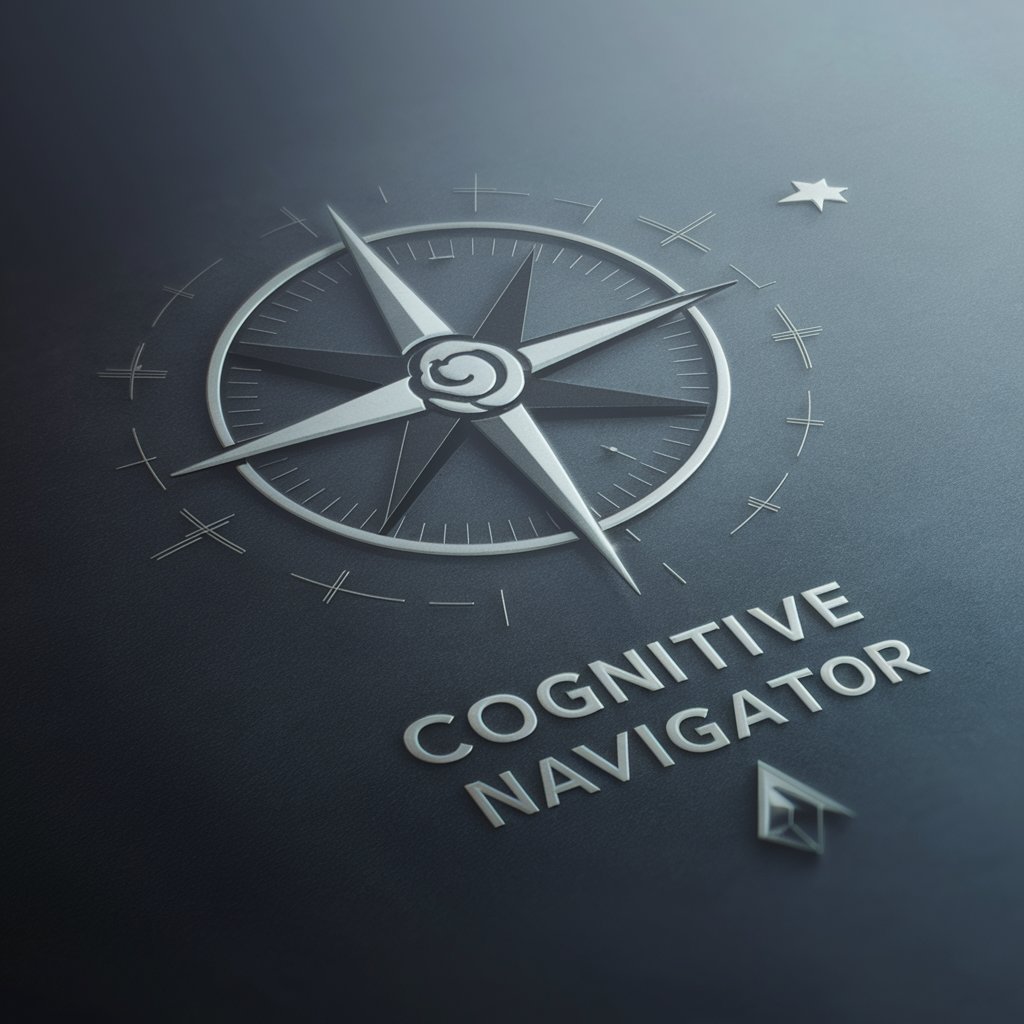
Welcome! Let's explore cognitive clarity together.
Unveil Rational Thinking with AI
Can you help me identify any cognitive biases in this argument?
What logical fallacies might be present in this text?
How can I recognize common misconceptions in this topic?
Can you analyze this excerpt for any reasoning errors?
Get Embed Code
Introduction to Cognitive Navigator
Cognitive Navigator is a specialized AI tool designed to guide users through the complex landscape of cognitive biases, logical fallacies, and common misconceptions. Its core purpose is to aid in the development of clearer and more rational thinking by providing insightful analyses of texts, pasted excerpts, or uploaded documents. Through a sophisticated understanding of different thinking patterns and their contributions to cognitive errors, Cognitive Navigator identifies and explains instances of cognitive biases and fallacies, offering an objective evaluation devoid of personal bias. For example, when presented with a piece of argumentative writing, Cognitive Navigator can dissect the argument to highlight any use of the straw man fallacy or confirmation bias, thus helping the user understand where the reasoning may have gone awry. Powered by ChatGPT-4o。

Main Functions of Cognitive Navigator
Analysis of Cognitive Biases
Example
Detecting confirmation bias in decision-making processes.
Scenario
A user uploads a business case study to evaluate strategic decisions. Cognitive Navigator analyses the text and identifies instances where decision-makers may have favored information that confirmed their pre-existing beliefs, overlooking contradictory evidence.
Identification of Logical Fallacies
Example
Spotting ad hominem attacks in debates or discussions.
Scenario
During a political debate analysis, Cognitive Navigator can pinpoint moments where an argument against a policy shifts towards personal attacks on the policy's proponents, thus detracting from the logical assessment of the policy itself.
Clarification of Common Misconceptions
Example
Correcting misconceptions related to science or history.
Scenario
When a user is exploring misconceptions about historical events or scientific facts, Cognitive Navigator can provide detailed explanations that debunk myths, such as the misunderstanding of the Flat Earth theory during the Middle Ages.
Ideal Users of Cognitive Navigator Services
Educators and Students
This group benefits from using Cognitive Navigator by enhancing critical thinking and reasoning skills in educational settings. It aids in teaching and learning by providing examples of logical fallacies and cognitive biases, making complex concepts more accessible.
Researchers and Academics
For those engaged in rigorous academic research, Cognitive Navigator helps in scrutinizing arguments and ensuring that conclusions are well-founded, free from cognitive biases and logical fallacies, thus improving the quality of research outputs.
Professionals in Decision-making Roles
Executives, managers, and policymakers can use Cognitive Navigator to refine their decision-making process. By identifying biases and fallacies in their reasoning or in the information presented to them, they can make more informed, rational decisions.

How to Use Cognitive Navigator
1. Start for Free
Visit yeschat.ai to explore Cognitive Navigator with a free trial, no login or ChatGPT Plus subscription required.
2. Identify Your Needs
Consider what cognitive biases, fallacies, or misconceptions you're looking to understand or address. This will guide how you interact with the tool.
3. Engage with the Tool
Input text, excerpts, or upload documents for analysis. Cognitive Navigator will review the content for logical inconsistencies, biases, and fallacies.
4. Review Insights
Examine the detailed analyses provided by Cognitive Navigator to uncover underlying cognitive processes and potential errors in reasoning.
5. Apply Learnings
Utilize the insights gained to refine your thinking, writing, or argumentation, enhancing clarity and rationality.
Try other advanced and practical GPTs
GCP
Streamlining Clinical Trials with AI

Webpage Wizard
Empowering creativity with AI-driven design

AI Business Insight
Empowering Decisions with AI-Driven Business Insights

AlphaPromptor
Elevate AI Interactions with Smart Prompt Engineering

Web3 Job Scout
Navigate Web3 Careers with AI

network security
AI-Powered Network Protection

LawGuide AI
Empowering legal understanding with AI
SpawnGPT
Empower your tasks with AI-driven agents
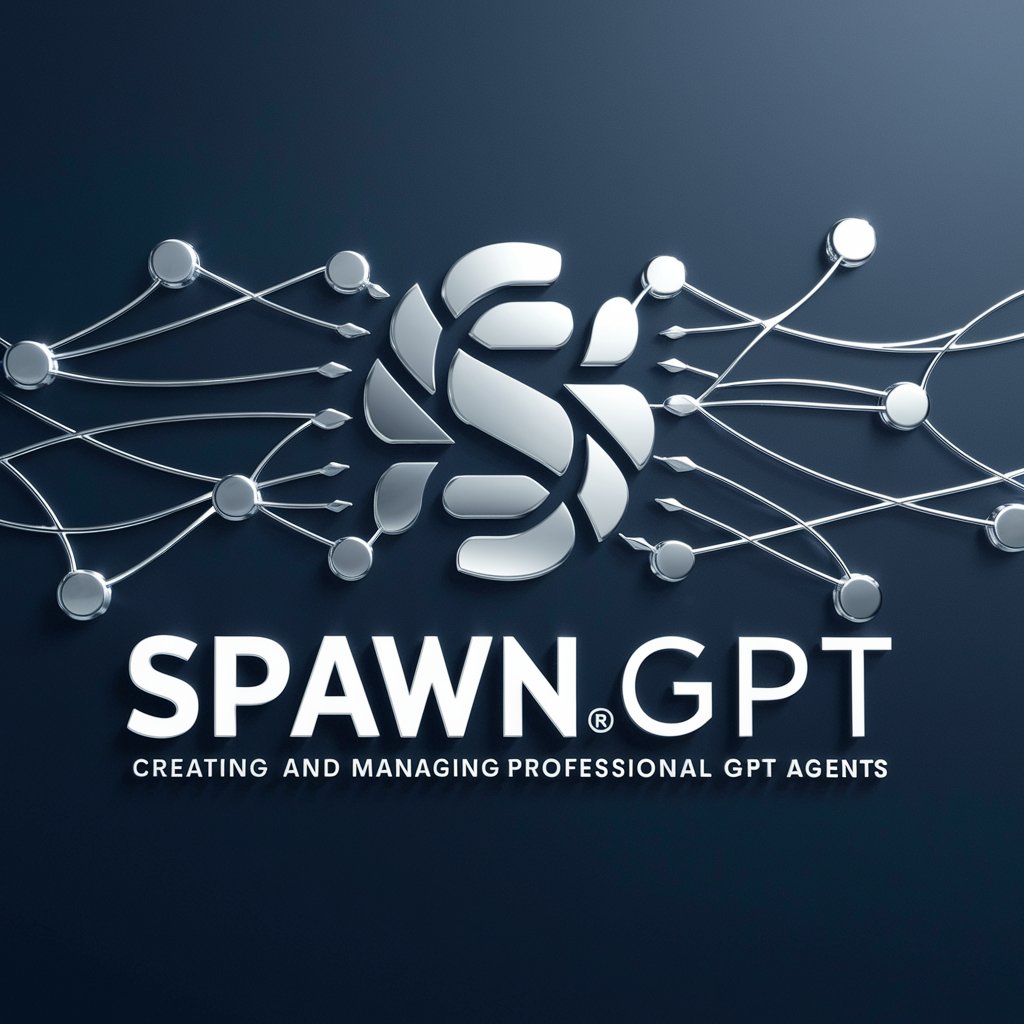
Home Finder AI
Finding Your Next Home, Powered by AI

RobotGPT
AI-Powered Guidance in Ethical Hacking and Cybersecurity

Logo Architect
Design Your Brand's Future

Avatar Maker
Craft Your Digital Identity with AI
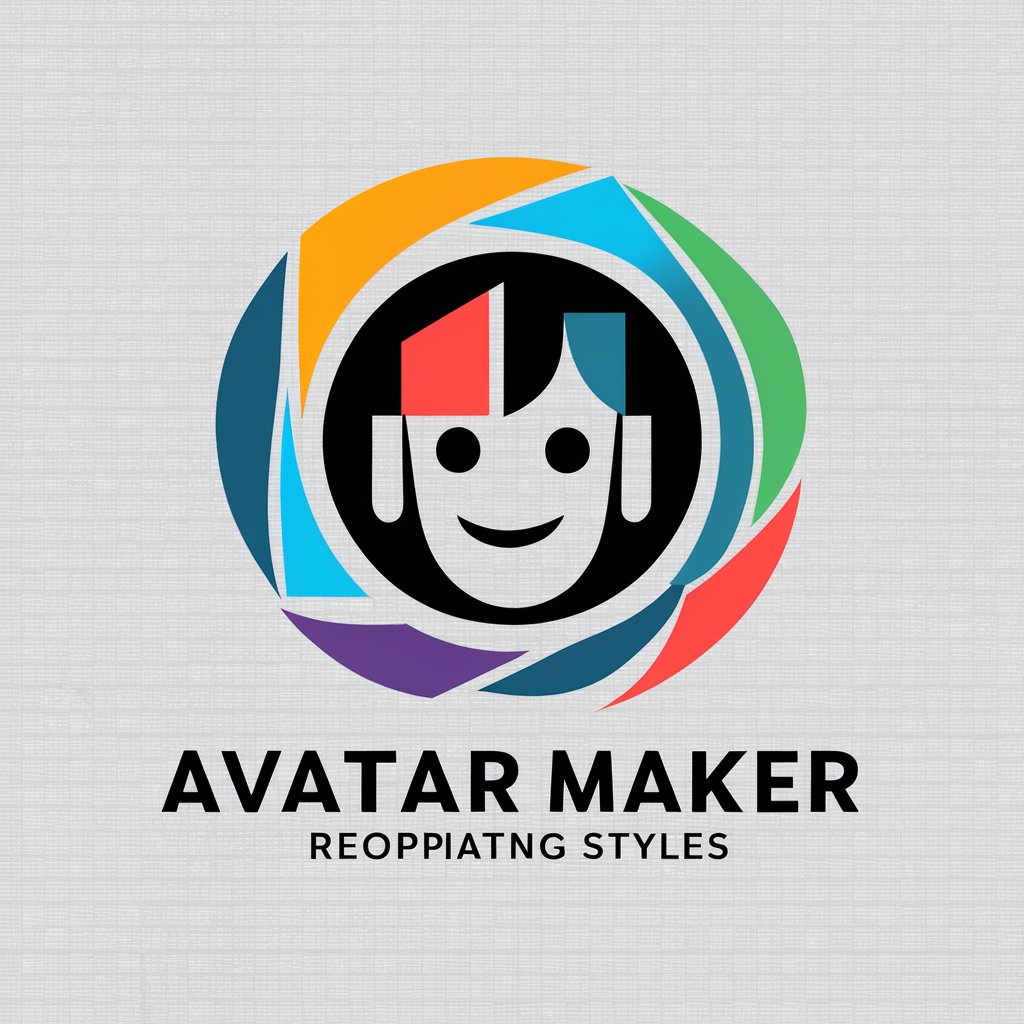
Cognitive Navigator FAQs
What is Cognitive Navigator?
Cognitive Navigator is an AI-powered tool designed to identify and explain instances of cognitive biases, logical fallacies, and common misconceptions within texts, promoting clearer and more rational thinking.
How does Cognitive Navigator detect biases and fallacies?
Using advanced algorithms, it analyzes texts for patterns indicative of cognitive biases and fallacies, referencing a comprehensive database of known instances to provide accurate identifications.
Can Cognitive Navigator help with academic writing?
Yes, it's particularly useful in academic contexts to ensure arguments are logical, evidence-based, and free from bias, enhancing the quality and credibility of scholarly work.
Is Cognitive Navigator suitable for everyday decision-making?
Absolutely, it aids in recognizing biases and fallacies in daily reasoning and decision-making processes, fostering better personal and professional choices.
How can organizations benefit from Cognitive Navigator?
Organizations can use it to refine strategies, communications, and policies by ensuring reasoning is free from logical errors, thus improving decision-making and external communications.
